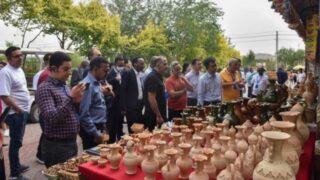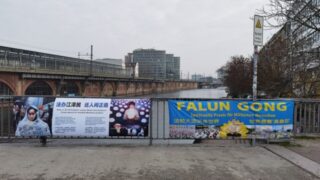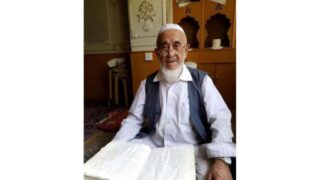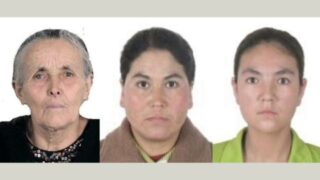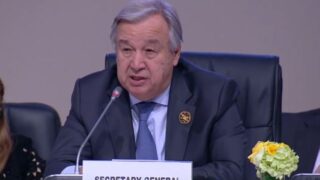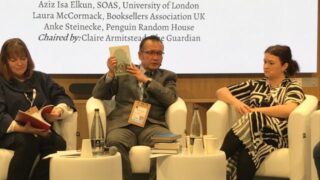Three Special Rapporteurs signed a joint statement against the forced separation of children from their families and their anti-Uyghur education in CCP boarding schools.
by Massimo Introvigne
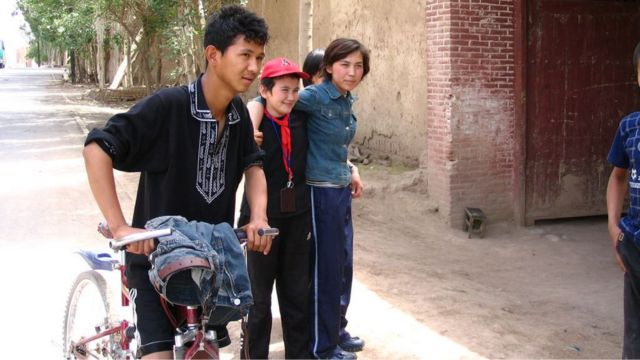

Just days after a side event attended by several member states that China had tried to prevent, the United Nations delivered another blow to Beijing’s claim that it does not systematically and blatantly violates human rights.
Fernand de Varennes, Special Rapporteur on minority issues, Alexandra Xanthaki, Special Rapporteur in the field of cultural rights, and Farida Shaheed, Special Rapporteur on education, signed a joint statement denouncing the Chinese practice of forcibly separating Uyghur and other Turkic Muslim children from their families and sending them to boarding schools whose real aim is to destroy their ethnic and religious identity. They become, the U.N. Special Rapporteurs said, artificial “orphans.”
“Xinjiang’s State-run boarding school system, the Special Rapporteurs said, fails to provide education in the children’s mother tongue and forcibly separates Uyghur and other minority Muslim children from their families and communities, leading to their forced assimilation.” “We are deeply concerned, the statement continues, that boarding schools in Xinjiang are teaching almost exclusively in the official language with little or no use of Uyghur as medium of instruction and that the separation of mainly Uyghur and other minority children from their families could lead to their forced assimilation into the majority Mandarin language and the adoption of Han cultural practices.”


The United Nations “received information about large-scale removal of children, mainly Uyghur, from their families, including very young children whose parents are in exile or ‘interned’/detained. These children are treated as ‘orphans’ by State authorities and placed in full-time boarding schools, pre-schools, or orphanages where the language used is almost exclusively Mandarin (Putonghua). Uyghur and other minority children in highly regulated and controlled boarding institutions may have little interaction with their parents, extended family or communities for much of their youth. This will inevitably lead to a loss of connection with their families and communities and undermine their ties to their cultural, religious and linguistic identities,” the statement says.
Noting that “teachers can also be sanctioned for using the Uyghur language outside of specific language classes,” the Special Rapporteurs denounced the “exponential increase in the number of boarding schools” for Uyghur and other Muslim children in Xinjiang in recent years, and “the closure of local schools where education through the medium of Uyghur and other minority languages could be provided.” “The massive scale of the allegations raises extremely serious concerns of violations of basic human rights,” they concluded.
Last February, the U.N., through the same Special Rapporteurs, had denounced a parallel system depriving Tibetan children of their ethnic and religious identity after their forcible separation from their parents.




